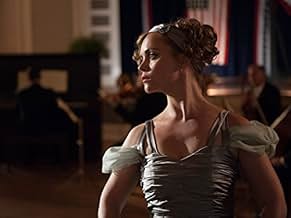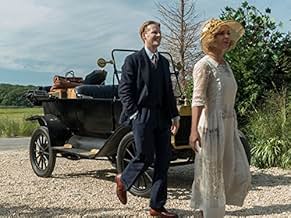La storia di Zelda Sayre Fitzgerald, una brillante e bellissima Southbern Belle che è diventata l'originale flapper e l'icona della selvaggia e sgargiante età del jazz.La storia di Zelda Sayre Fitzgerald, una brillante e bellissima Southbern Belle che è diventata l'originale flapper e l'icona della selvaggia e sgargiante età del jazz.La storia di Zelda Sayre Fitzgerald, una brillante e bellissima Southbern Belle che è diventata l'originale flapper e l'icona della selvaggia e sgargiante età del jazz.






























